Starting your baby on solids is an exciting milestone and a wonderful opportunity to introduce them to new tastes and textures. But as you begin weaning, there are some foods that should stay off the menu, no matter how tempting they may seem.
With recent studies showing that limiting sugar intake during the first 1,000 days of life—from conception to age two—can help reduce the risk of developing long-term health issues like diabetes and high blood pressure, it’s more important than ever to pay attention to what your little one is eating.
We spoke to leading nutritionists to find out which foods should be avoided and how to keep sugar out of your baby’s diet.
Here are the foods to avoid until your baby’s first birthday.
Honey
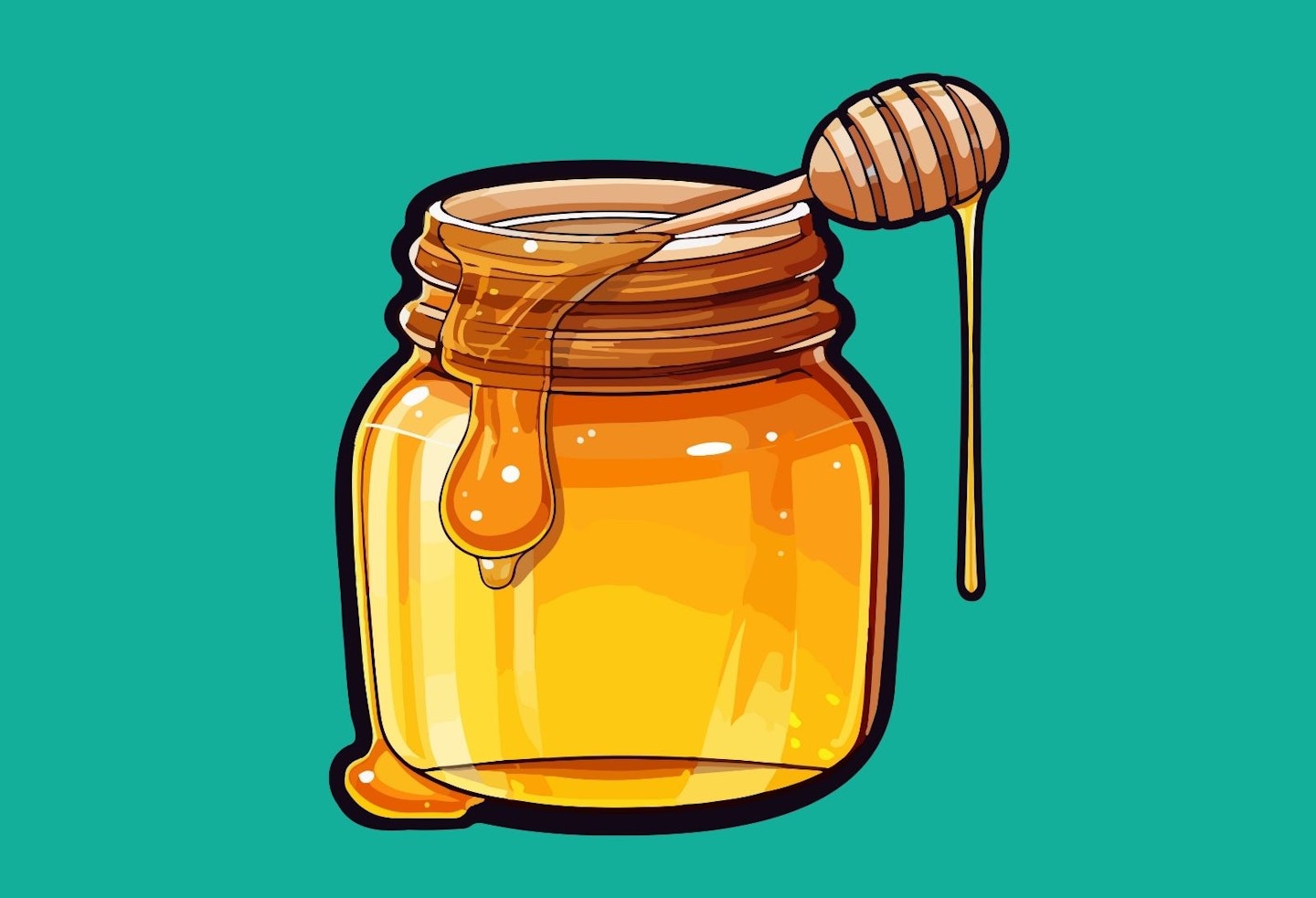
While it’s delicious on toast for you, honey can be harmful to babies under one year old due to the risk of botulism. "Under one year, the only thing that should be avoided is honey because of the risk of botulism in under-ones," says Angie Willis, aka The Eco Midwife, a practising midwife and health visitor. Be cautious when dining out, especially in winter, as many places add honey to roasted vegetables.
Cow’s milk
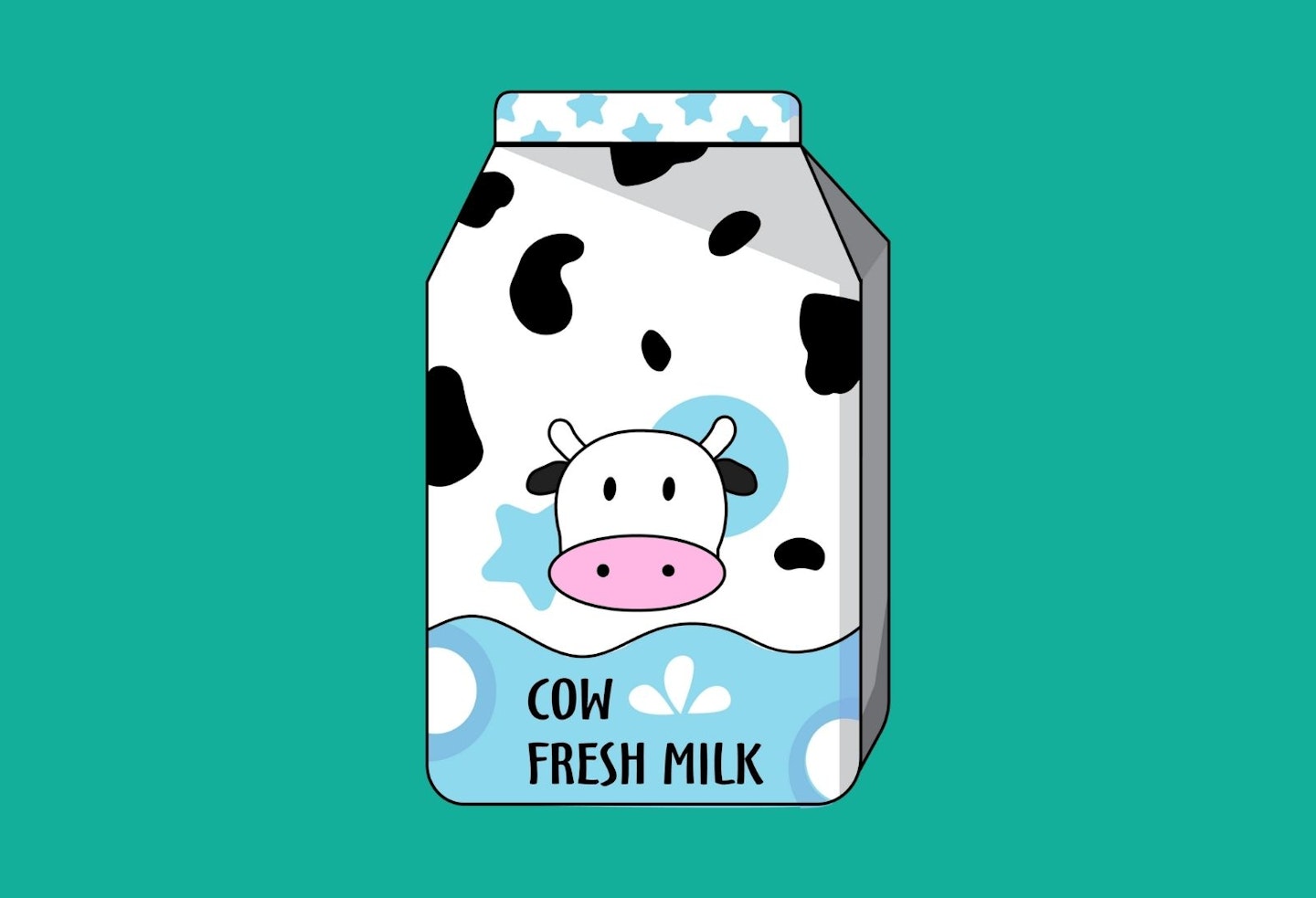
Though fine to use in food after six months (e.g., in mashed potatoes or scrambled eggs), cow’s milk should be avoided as a drink until your baby turns one. If you don’t want to use cow’s milk, try goat’s, soya, or lactose-free options," says Nicola Joseph, nutritionist.
Raw and lightly cooked eggs
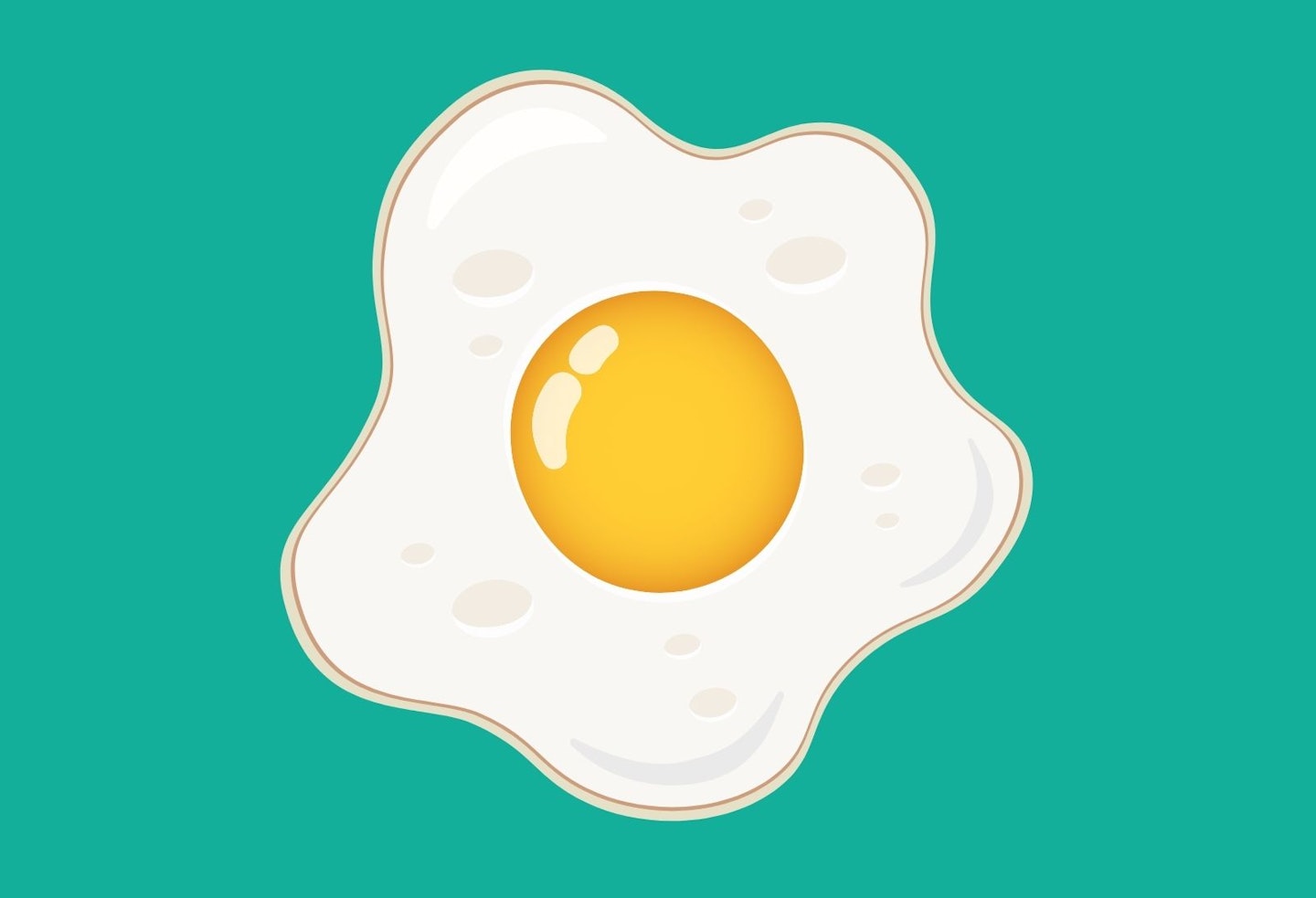
There’s some confusion about feeding babies raw or lightly cooked eggs, with some advice saying to stick to fully cooked (like scrambled or hard-boiled) until a year old. But the NHS says that eggs with a red Lion stamp, which covers over 90% of UK eggs, are safe to eat raw or lightly cooked—even for babies and pregnant women.
The NHS recommends starting eggs early during weaning, as avoiding them might actually increase the risk of egg allergies. Babies can start having eggs around six months. If the eggs have a red Lion stamp or say "British Lion Quality" on the box, it’s fine to give them lightly cooked or even raw (like in homemade mayo).
For eggs without the red Lion stamp, and for duck, goose, or quail eggs, stick to cooking until both the white and yolk are solid. Avoid raw eggs in things like uncooked cake mix or homemade desserts unless you’re sure they’re Lion stamped.
Dr Emma Derbyshire, a registered public health nutritionist and author of The Role of Egg Consumption in the First 1001 Days of Life explains, “Nutrients like high-quality protein, vitamin D, choline, and folate are especially critical for babies’ development during the first 1001 days, and eggs are one of the few foods that provide all of them.”
"Many women mistakenly cut out eggs during this time, but avoiding eggs could increase the chance of a baby developing an allergy." Currently, only half of babies between 6-12 months are given eggs, missing out on key nutrients and potentially raising the risk of allergy later on.
Nuts
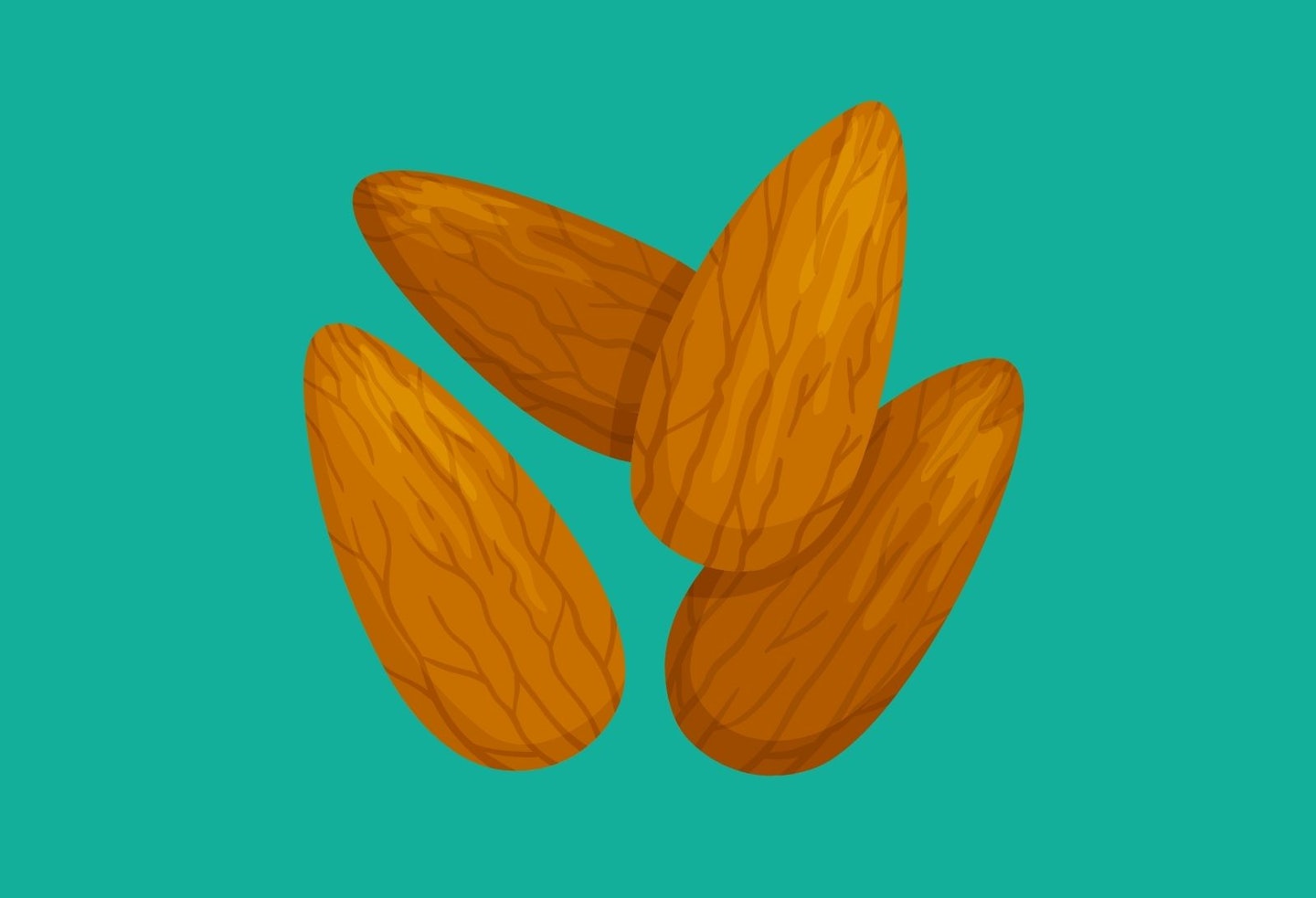
Whole nuts are a choking hazard, and the NHS recommends waiting until your baby is five years old to introduce them. However, smooth peanut butter is okay from 10 months. "If you have a history of nut allergies in the family, check with your health visitor," says Nicola
Angie also cautions that whole nuts, common at family gatherings, can be dangerous for children under five. "Over winter many family gatherings will have whole nuts, and this can pose a choking hazard in under five-year-olds."
Salt
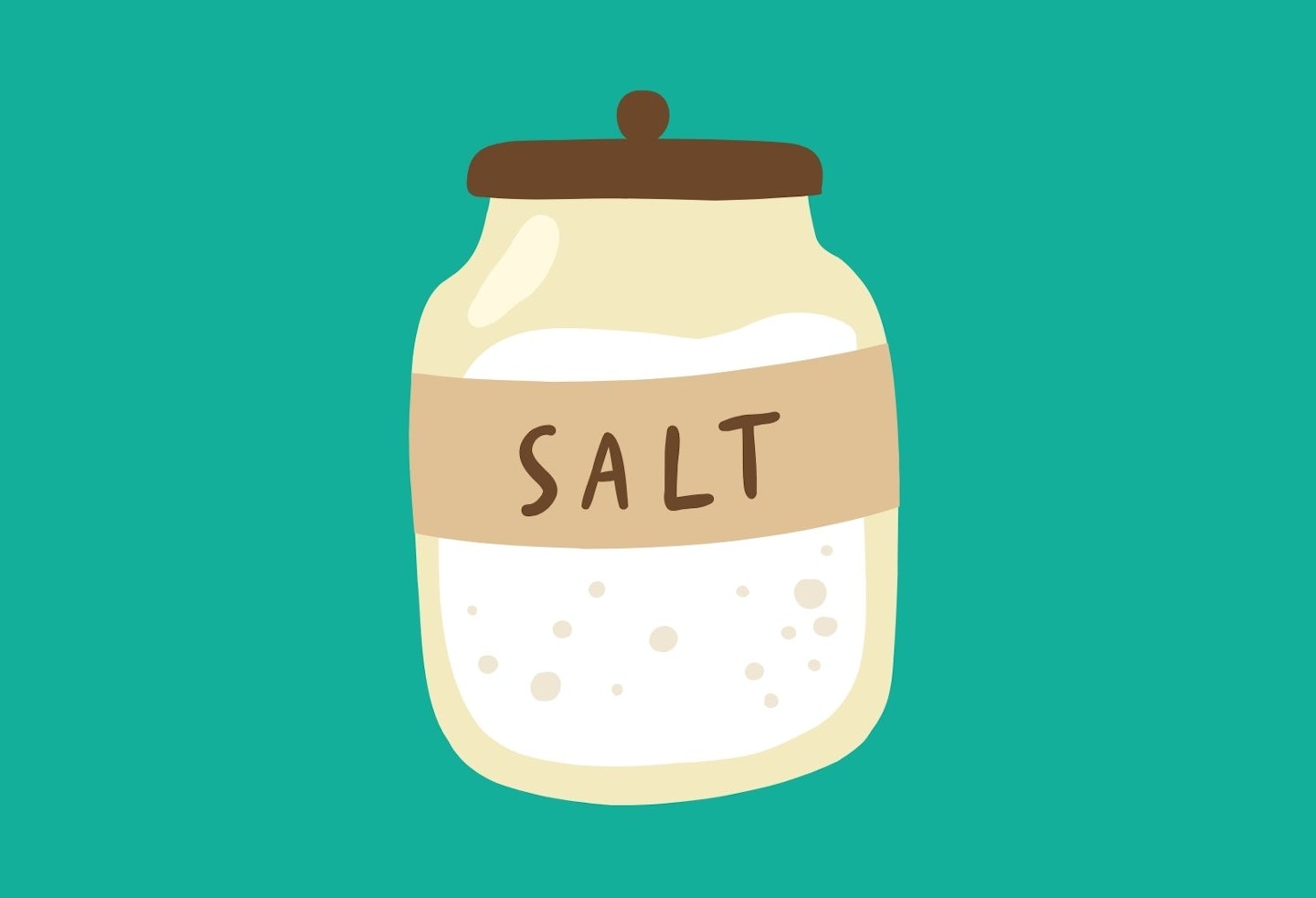
Excess salt isn’t good for your baby’s health, just as it isn’t for adults. The NHS recommends babies eat less than 1g of salt per day, which is easy to exceed with processed foods. "For flavour, try herbs or unsalted butter," advises Nicola. Also, check labels, as many foods, like bread and stock cubes, contain hidden salt.
Dr Carrie Ruxton, a dietitian, shares, "Warming stews are a great way to get in iron from red meat but avoid adding salt and keep the pieces of meat small for easier chewing. The iron in red meat is three times better absorbed than iron from vegetables and pulses. Low iron levels are sometimes an issue in the under 5s."
Orange juice
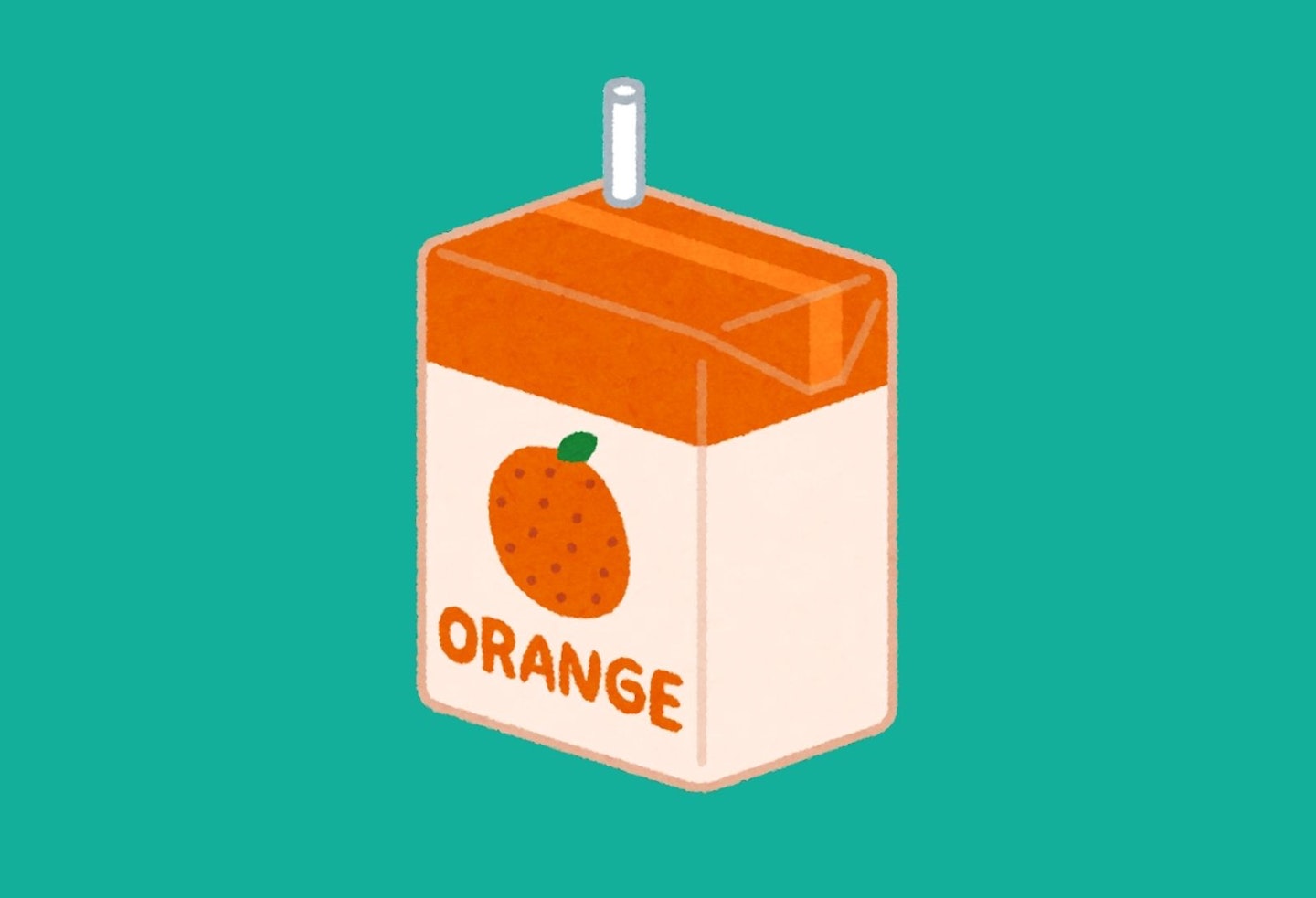
While vitamin C is important, orange juice is best avoided until your baby is at least 4 years old. Dr Carrie explains, "Orange juice is a rich source of vitamin C, but milk is better for bones and teeth in children under 4."
Crisps
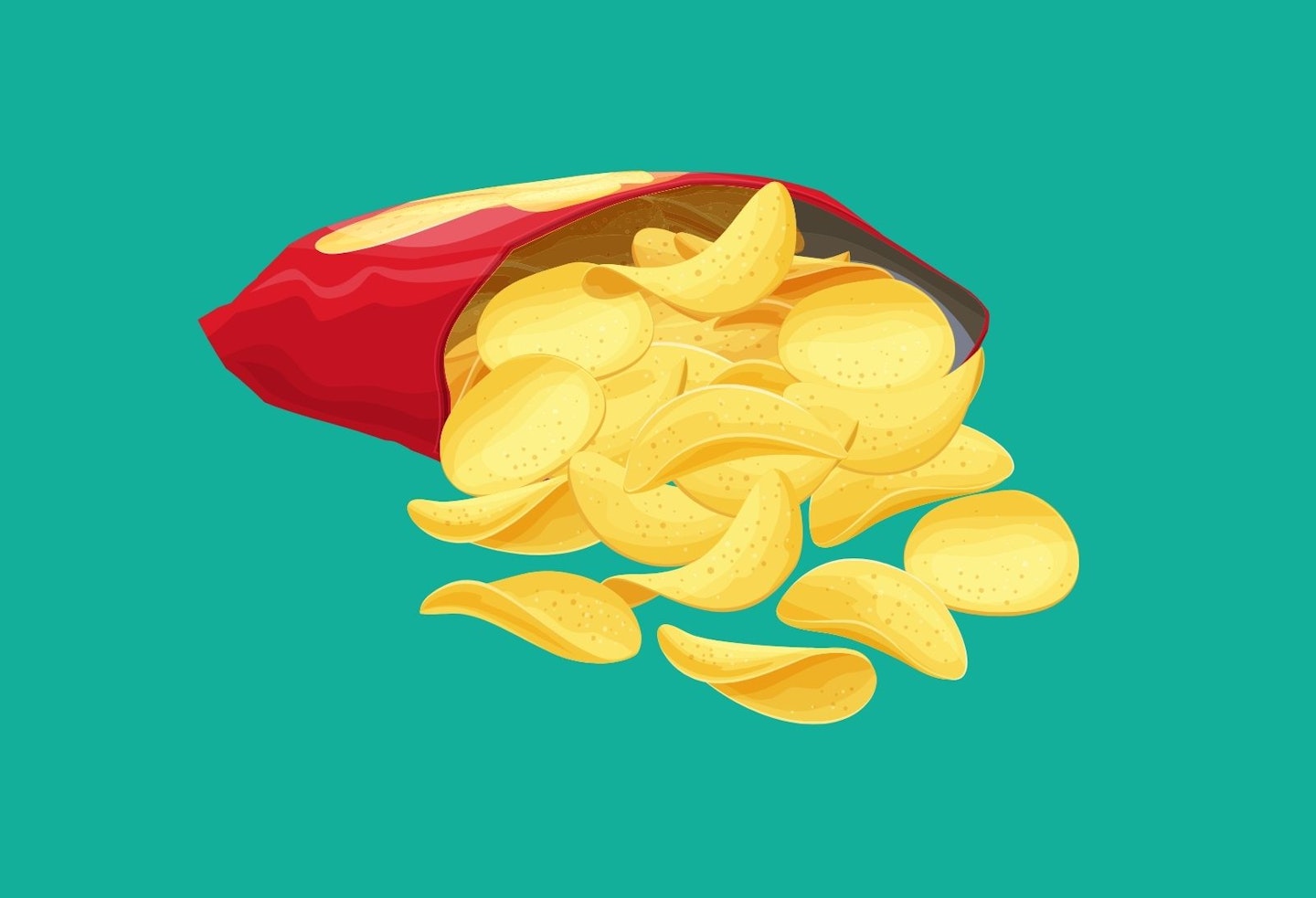
Avoid foods high in salt and sugar, such as crisps, to protect your baby’s developing kidneys and prevent future health issues. Edward Mather, a registered nutritionist at Fuel Hub, warns that sugary and salty snacks like crisps and sweets can cause tooth decay and establish unhealthy eating habits that can last into adulthood.
“Foods high in salt and sugar should be avoided as this can cause strain on the baby’s kidneys, as well as inflicting problems like tooth decay. It can also open a gateway for babies to develop unhealthy habits which may carry over into later years.”
Processed foods
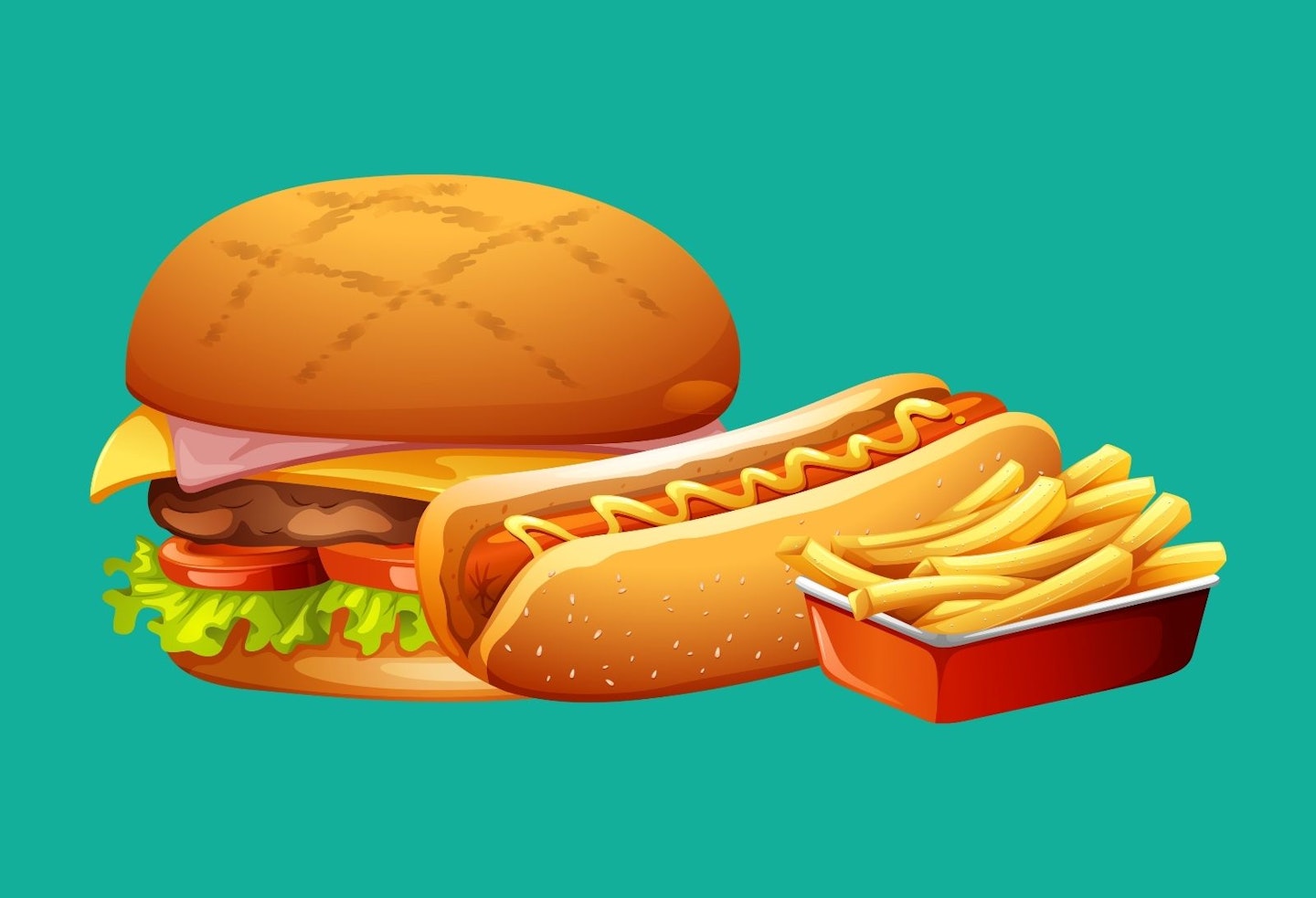
Processed meats like cheap sausages, butter, and fatty meats are not recommended for babies. They contain unhealthy fats that can impact heart health and should be kept out of their diet.
Shellfish
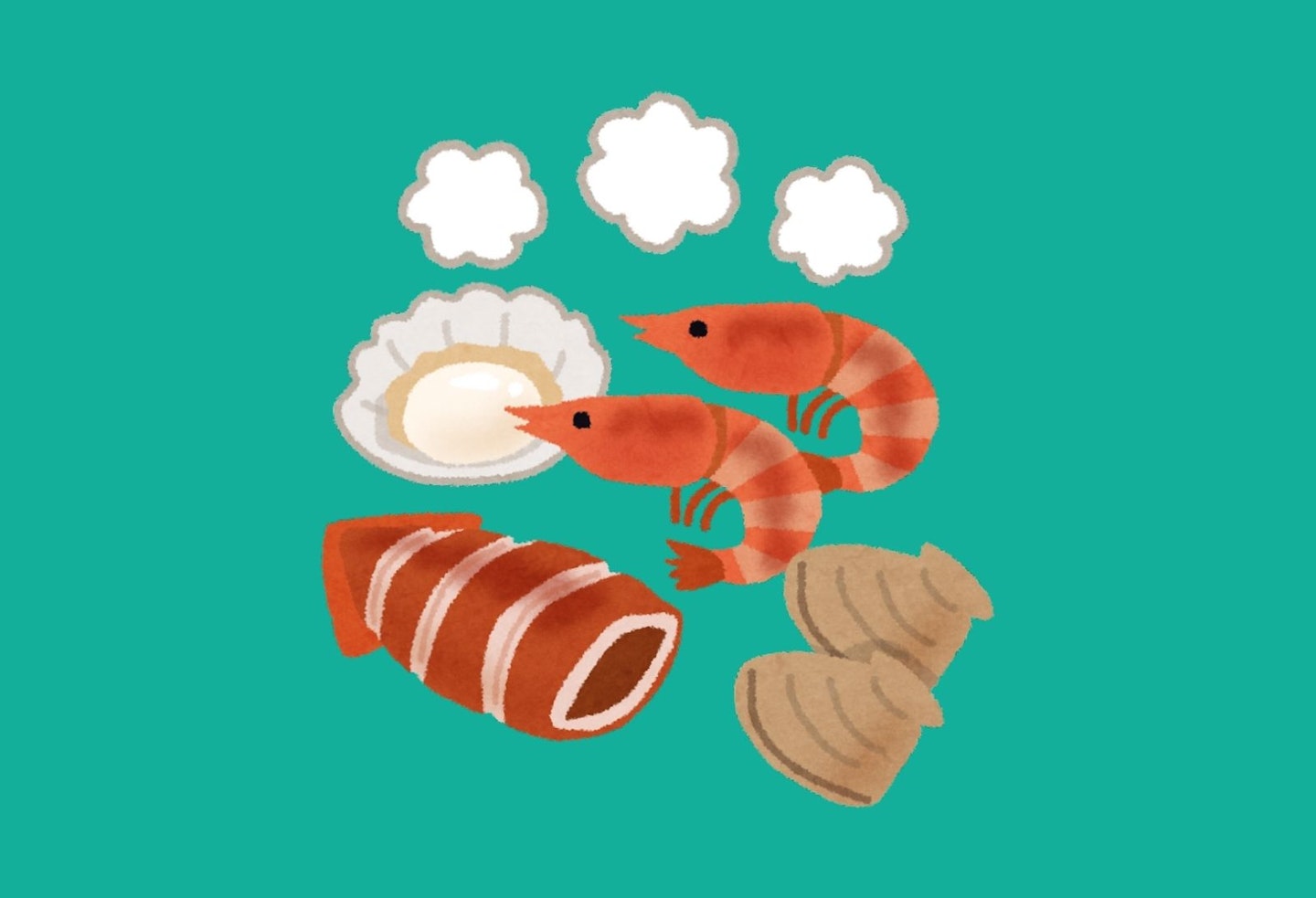
Shellfish, including prawns, should be avoided until your baby is a year old due to the risk of food poisoning. "After that, introduce shellfish carefully and one at a time," advises Nicola especially if there’s a family history of allergies.
Pâté
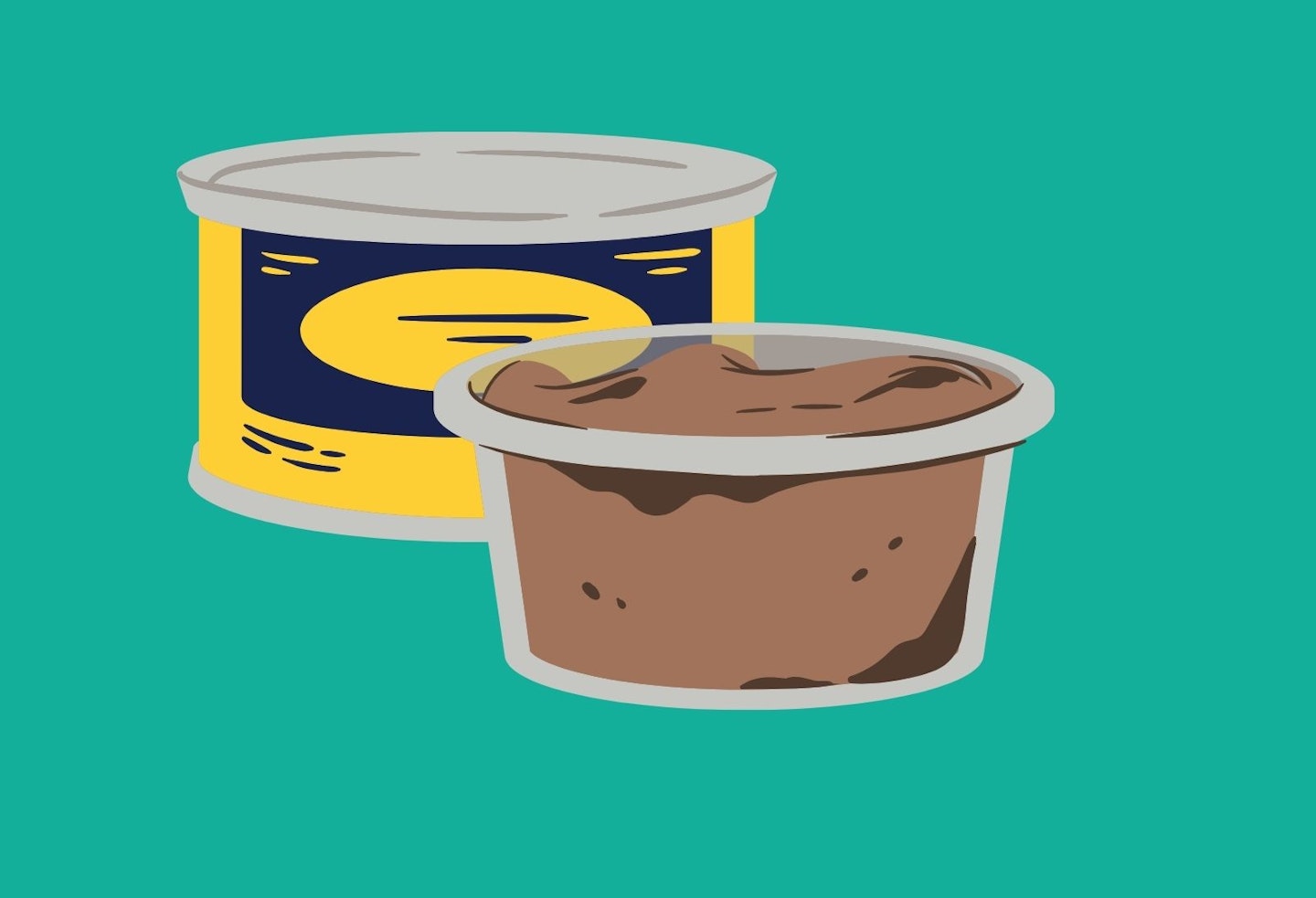
Avoid pâté until your baby is a year old because of the risk of listeriosis, a foodborne illness.
Soft cheese
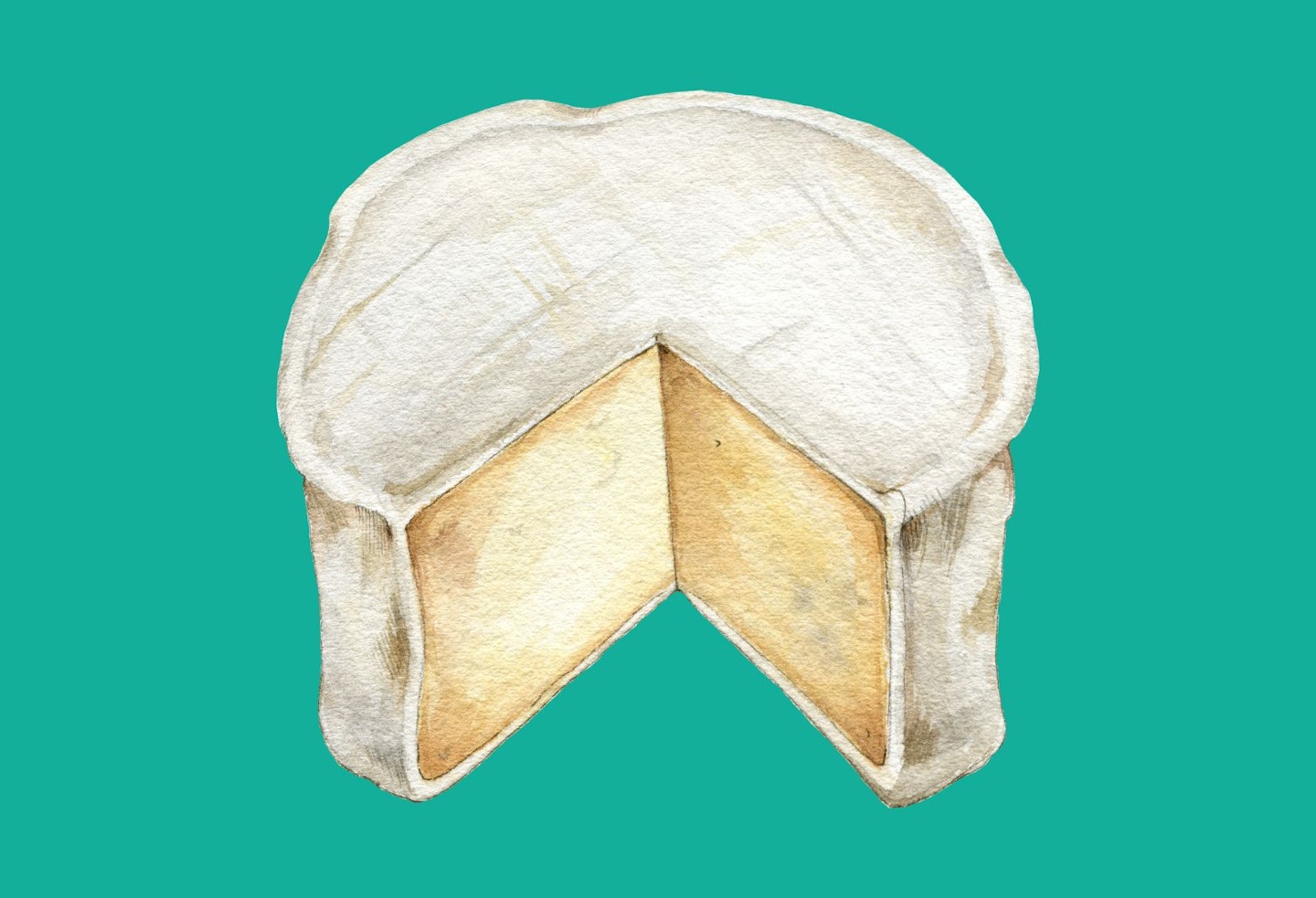
Unpasteurised cheeses like Brie or Camembert can carry listeria, which is dangerous for babies. Nicola recommends sticking with hard cheeses like cheddar until your child is older. "Even after that, most parents tend to stick to things like cheddar because young children tend to prefer it."
Chocolate and sweets

While your baby may not have teeth yet, sugar can still damage their gums. "I’d say to leave any chocolate or sweets until your child’s at least a year old," says Nicola.
Too much fish
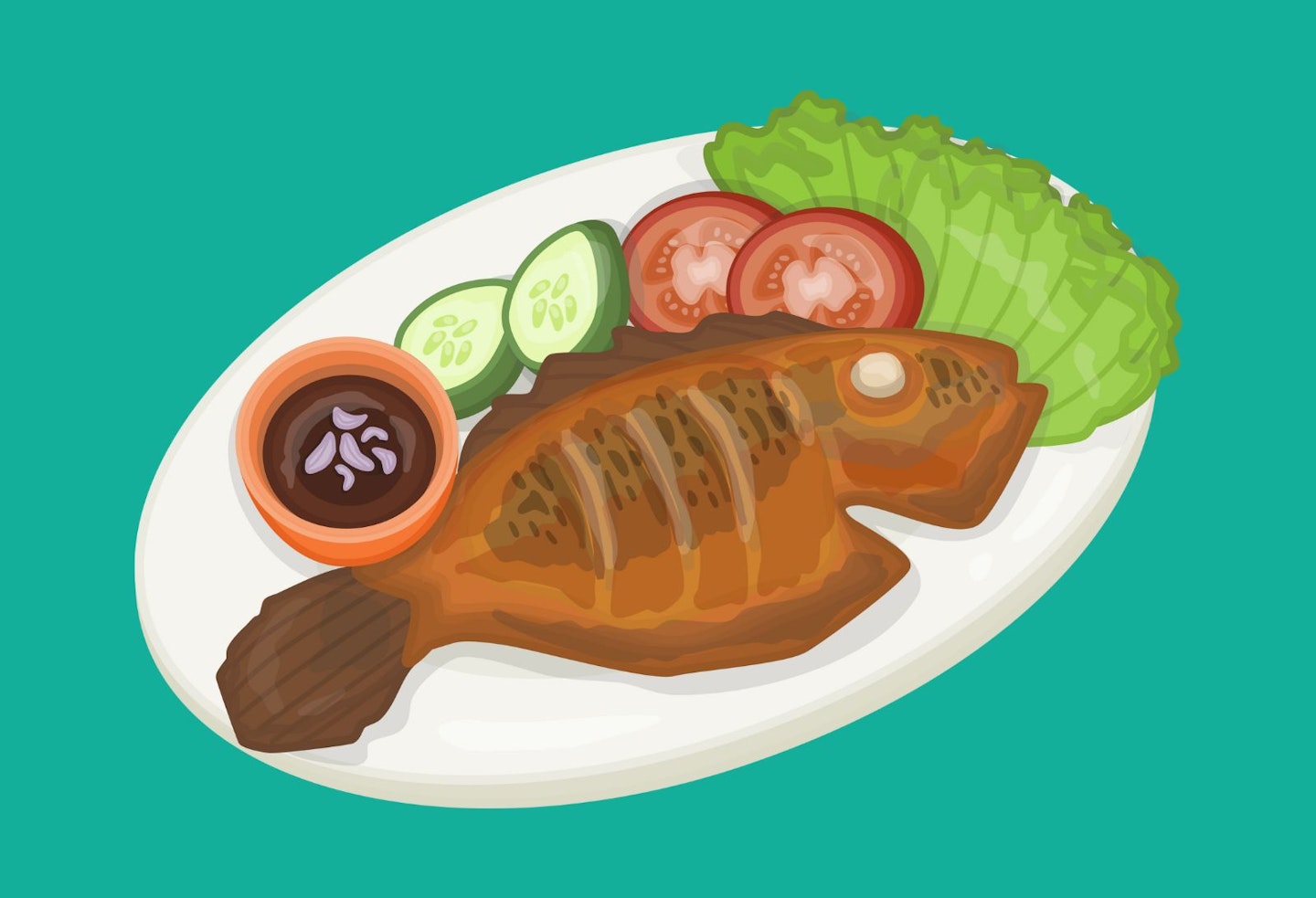
While white fish is fine, avoid fish like swordfish, shark, and marlin during your baby’s first year because of their high mercury levels. "Oily fish, such as salmon and tuna, help with brain development and protection against long-term disease," Nicola Joseph says. But be sure to limit oily fish to around two portions a week to avoid excessive mercury exposure.
Practical tips to keep sugar out of your baby’s diet
“Introducing sugary foods early can also lead to a lifetime preference for sweet foods, making it harder to get your baby to enjoy healthy options like vegetables,” says Penelope Henderson, registered nutritionist specialising in children’s nutrition and founder of Nutrition 2 Nourish & Flourish. Here she shares some tips:
-
Avoid added sugars by checking labels for ingredients like ‘fructose,’ ‘corn syrup,’ and ‘maltose.’
-
Opt for sugar-free cereals like baby porridge or shredded wheat.
-
Cook from scratch to control the ingredients and limit sugar intake.
-
Swap flavoured yoghurts for plain options to reduce added sugar.
-
Serve whole fruits in place of sugary snacks. Be sure to chop up dried fruits like raisins to avoid choking hazards.
-
Stick to water as your baby’s drink and avoid smoothies and fruit juices until after age 1.
About the experts
Dr Emma Derbyshire is a registered public health nutritionist and an award-winning writer specialising in nutrition and health. She is the author of The Role of Egg Consumption in the First 1001 Days of Life, where she explores the vital role of eggs in early childhood development.
Nicola Joseph is a registered nutritionist with extensive experience in paediatric and family nutrition. Specialising in early childhood development, Nicola provides expert guidance on weaning, balanced diets, and maintaining healthy eating habits for children and their families.
Penelope Henderson RNutr is a registered nutritionist, specialising in children’s nutrition with the Association for Nutrition. She is the founder of Nutrition 2 Nourish & Flourish that provides practical and proven nutrition advice to parents on children's nutrition, fussy eating, weaning and feeding issues through 1-1’s, workshops and blog writing.
Dr Carrie Ruxton is a dietitian, academic and health writer who loves to make nutrition science accessible and fun for everyone. She’s passionate about getting more people to eat a healthy, balanced diet as part of their daily busy lives.
Angie Willis has been a Midwife for eight years and has worked across different areas supporting women in those years. She's also a Health Visitor and has undertaken training n maternal mental health and aromatherapy.
Edward Mather is a registered nutritionist at Fuel Hub. He is equally committed to empowering the public with crucial general knowledge on their health, including women, new mums, and their babies. He understands the unique nutritional needs during these life stages and provides personalised guidance to support them.
About the author
Anne Lora Scagliusi is a Senior Digital Writer at Mother & Baby. She is a Scotland-based journalist with over a decade of international writing experience, specialising in women’s health, maternal mental health, and wellness. Her work has been featured in Vanity Fair, Marie Claire, and Glamour and has appeared on several Vogue global editions. She is mum to a one-year-old bambino and lives between Italy and the UK. You can follow her on Instagram.
